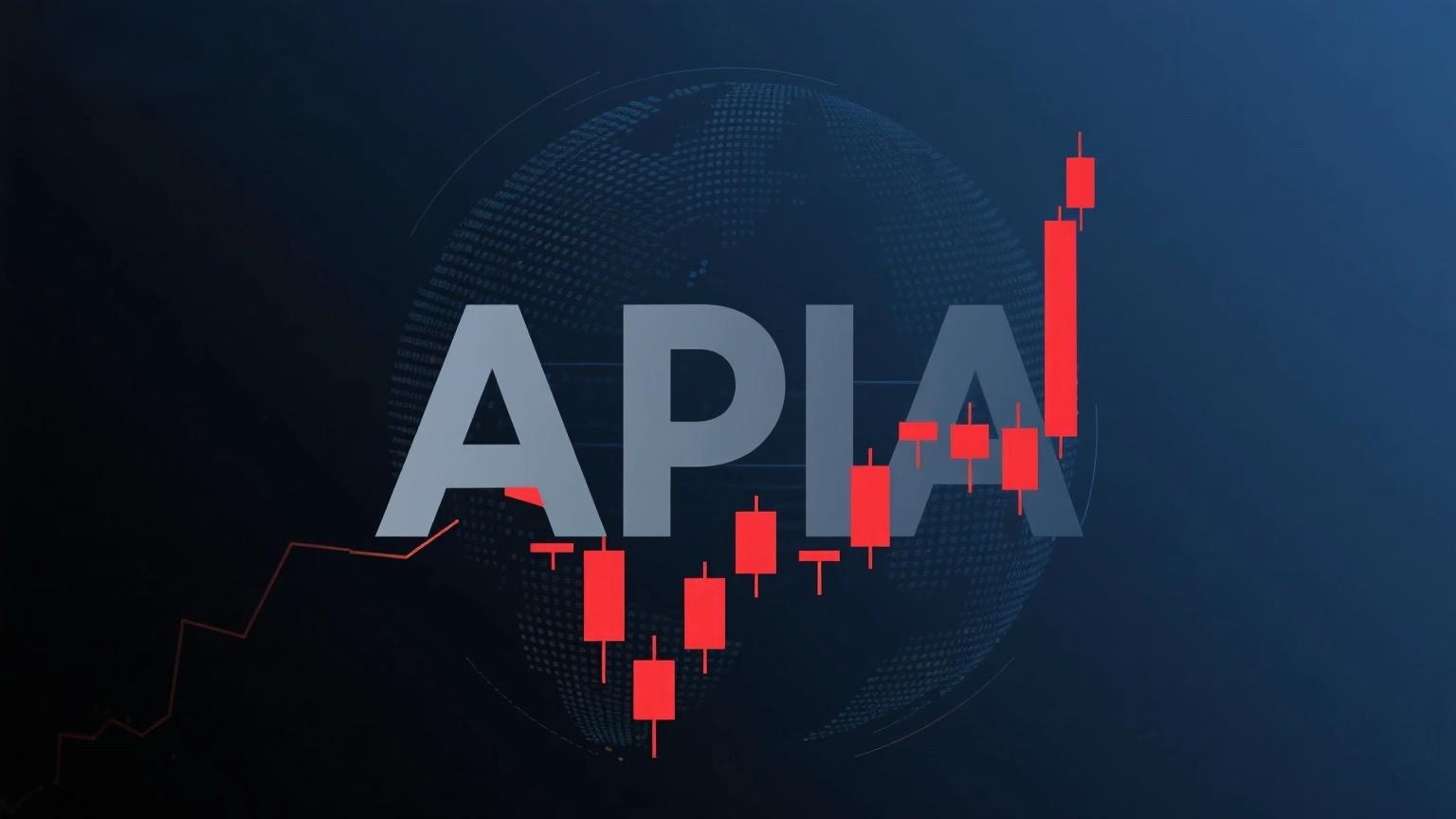
On July 31 local time, U.S. President Trump signed an executive order imposing "reciprocal tariffs" on multiple countries and regions, with rates ranging from 10% to 41%. Investor nervousness was reignited, and affected by this news, most Asia-Pacific stock markets declined last week.
Southeast Asian markets were predominantly down. Thailand's SET Index rose 0.1% weekly to 1,218.33 points; Vietnam's Ho Chi Minh Index fell 2.23% or 34.17 points to 1,496.96 points; Indonesia's Jakarta Composite Index (JKSE) dropped 0.08% weekly to 7,537.77 points; Singapore's Straits Times Index declined 2.52% weekly to 4,153.83 points; Malaysia's Kuala Lumpur Composite Index dipped 0.03% weekly to 1,533.35 points; the Philippines' Manila Index fell 1.67% or 107.05 points to 6,306.13 points.
Other major Asia-Pacific indices also fell. Japan's Nikkei 225 Index dropped 1.58% or 656.63 points to 40,799.6 points; South Korea's KOSPI Index rose 2.4% weekly to 3,119.41 points; Australia's S&P/ASX 200 Index slipped 0.06% weekly to 8,662 points.
Wang Youxin, Director of the Bank of China Research Institute, told the 21st Century Business Herald that the shift from gains to losses in Southeast Asian stock markets last week was mainly due to risk aversion triggered by rising external macroeconomic risks. "The U.S. announced 'reciprocal tariffs' of 10%-41% on several Southeast Asian countries, covering key export sectors such as manufacturing and electronics, leading to some cross-border capital outflows."
















